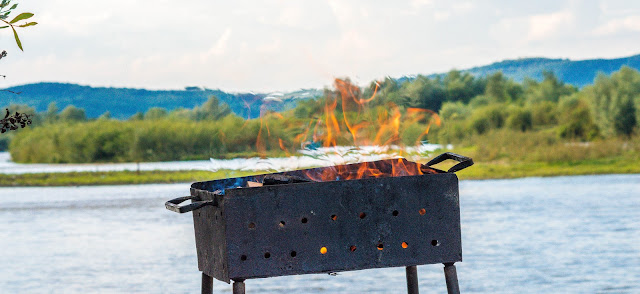Barbecue, often referred to simply as BBQ, is a culinary tradition with deep and varied historical roots. While it's now a beloved staple of American cuisine, its origins can be traced back to ancient times and diverse cultures around the world.
The concept of cooking meat over an open flame dates back thousands of years, with early evidence found in the practices of ancient civilizations such as the Greeks, Romans, and indigenous peoples of the Americas. However, it was the indigenous peoples of the Caribbean and South America who significantly contributed to the development of what we recognize today as barbecue. They utilized a combination of smoking and slow-cooking techniques to preserve and flavor meat, long before the arrival of Europeans in the Americas. This method involved constructing wooden structures, known as barbacoa, which served as elevated grates for cooking meat over an open flame.
As European explorers and colonizers ventured to the Americas, they encountered these indigenous cooking methods and integrated them into their own culinary traditions. The Spanish, in particular, adopted and adapted the barbacoa technique, incorporating it into their own cooking styles. Over time, this practice evolved and spread across the American South, becoming an integral part of Southern cuisine. The word "barbecue" itself likely stems from the Spanish word "barbacoa."
Today, barbecue has become a diverse and cherished culinary art form, with regional styles and techniques reflecting the cultural influences and local ingredients of various parts of the world. From the tangy vinegar-based sauces of North Carolina to the rich, smoky flavors of Texas brisket, barbecue continues to be a source of pride and passion for food enthusiasts worldwide. The journey of barbecue from its ancient origins to its present-day popularity is a testament to the enduring appeal of this delectable cooking method.

Comments
Post a Comment